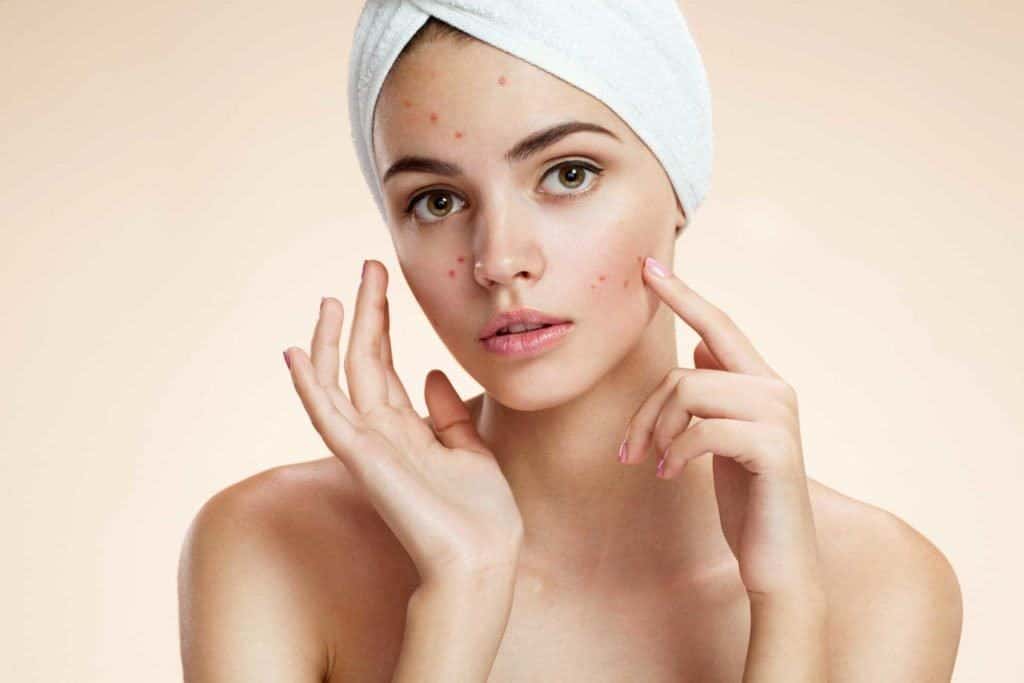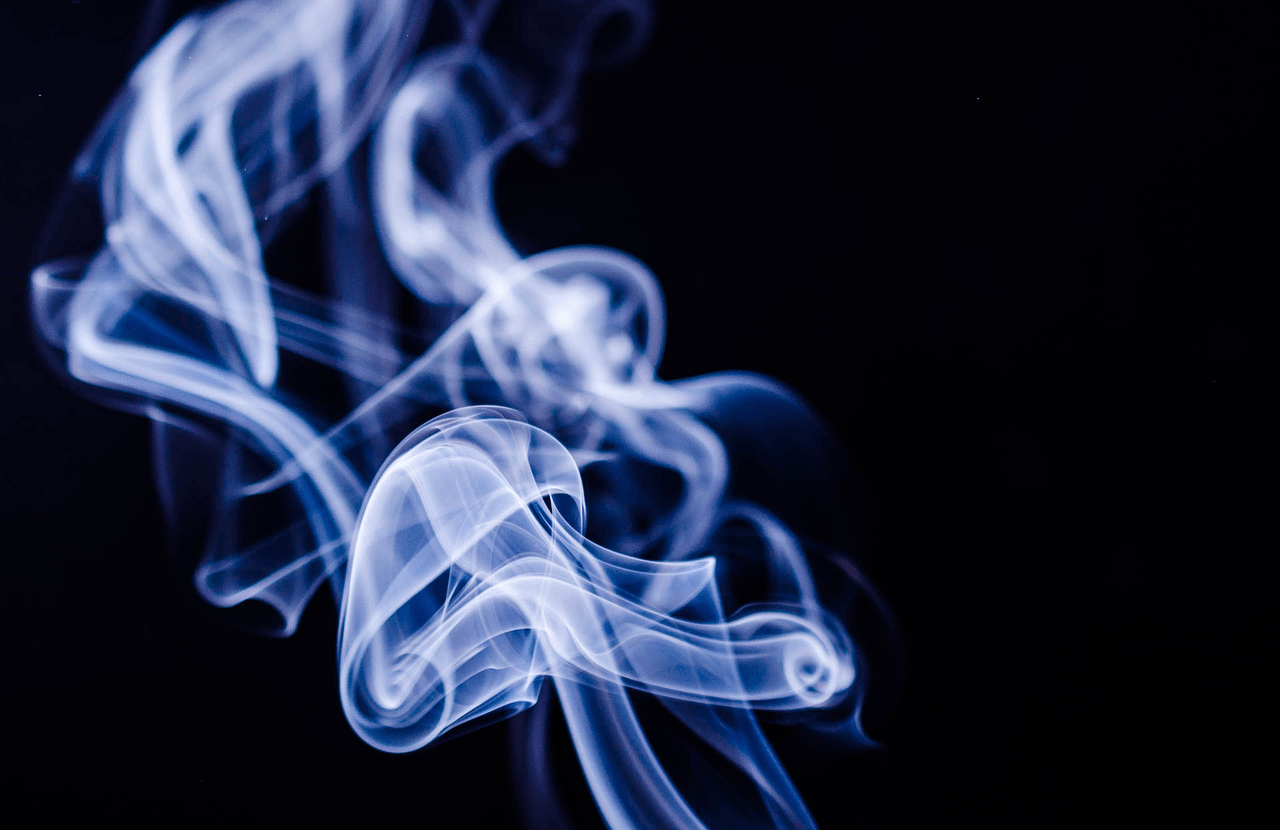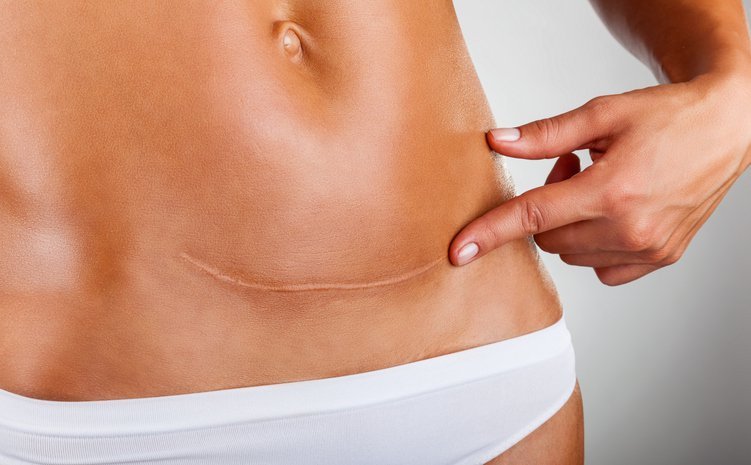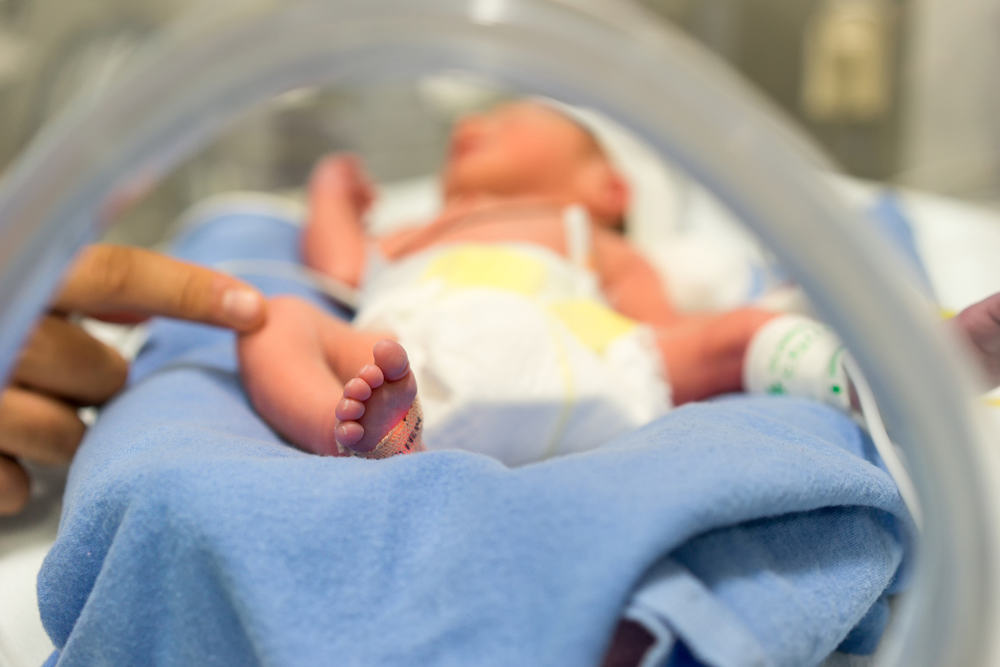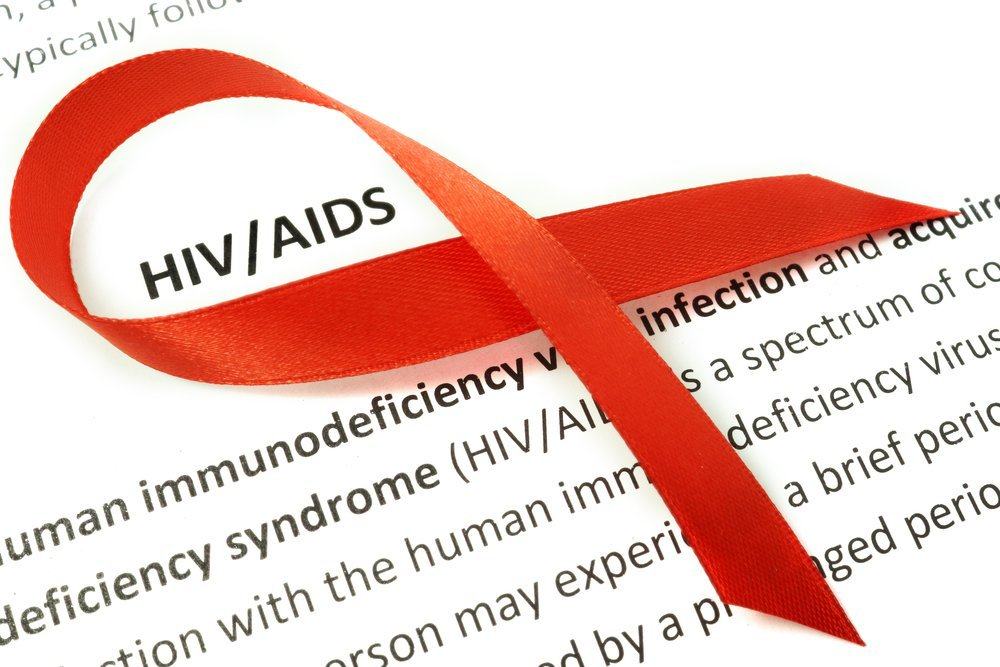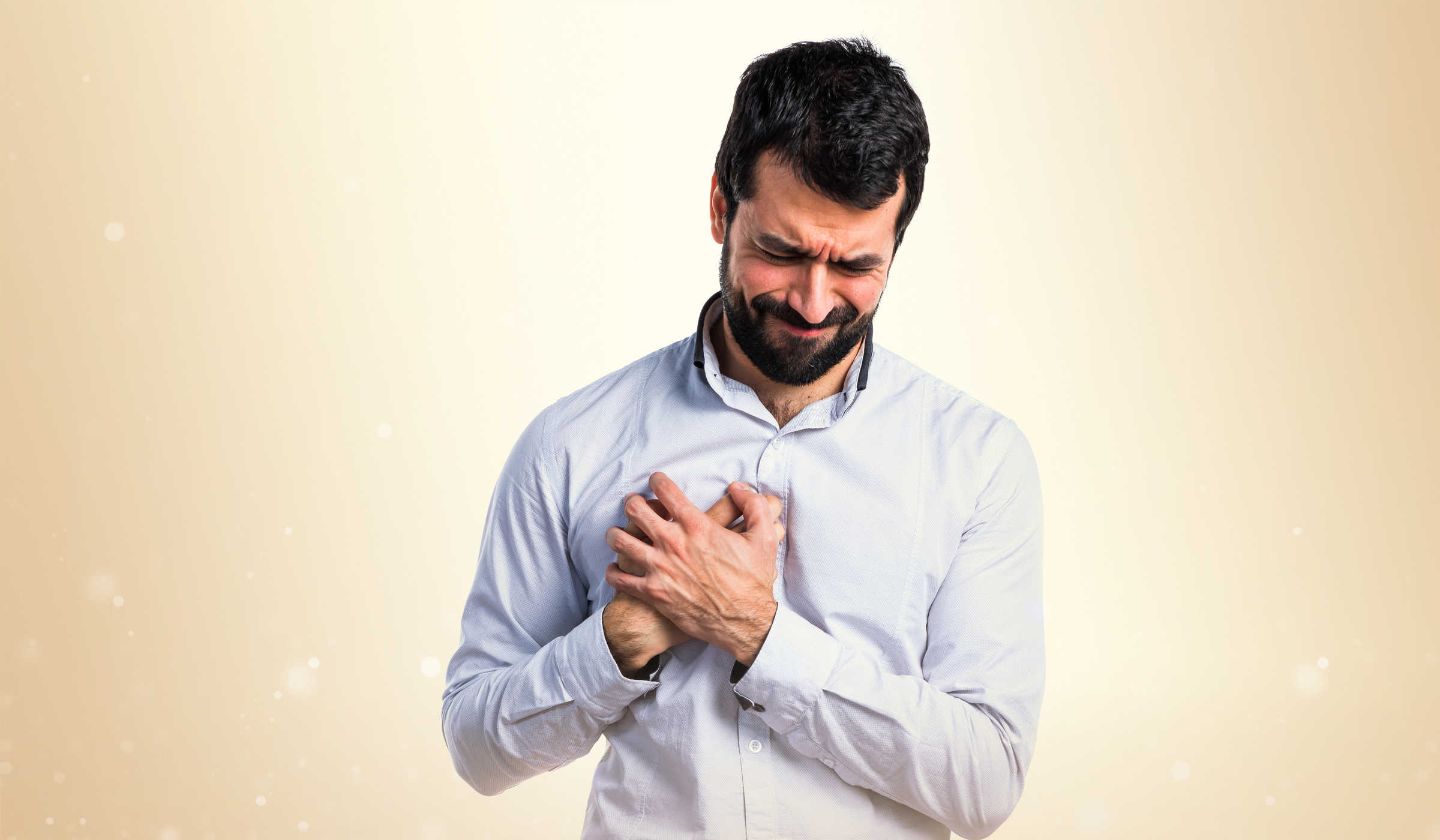Contents:
- Medical Video: The Latest Apple Cider Vinegar Trend
- Two types of acne scars
- Who is at risk of getting acne scars?
- What causes acne scars?
- How do you prevent acne scars from appearing?
- Treat the zits
- Do not hold / squeeze pimples
- Don't use vitamin E on acne scars
Medical Video: The Latest Apple Cider Vinegar Trend
Inflamed acne, caused by excessive oil clogged pores, dead skin cells, and bacteria, usually leaves scars that are often called acne scars. This is because the pores swell and damage the follicle wall. These superficial wounds are usually not severe and can heal quickly. But, if the wall of the pores is damaged too deeply, the infectious material can spread to the surrounding tissue, causing deeper scars. The skin will try to repair this hole by making collagen fibers, but usually it will still not be as smooth and smooth as the skin before.
Two types of acne scars
The acne scars on your skin may vary depending on the type of acne scars you have. There are two types of acne scars, namely depressed scar aka acne scars in the form of "holes" or hollows on the surface of the skin, and raised scar aka acne scars in the form of small bumps.
Depressed scars usually formed on the skin of the face. Dermatologists refer to these acne scars as atrophic or even call them according to their specific type, namely:
- Boxcar
- Icepick
- Rolling
Raised scars more often appear on the back and chest. Medical term for raised scar is hypertrophic.
Who is at risk of getting acne scars?
Some people will get a scar when their acne has healed. However, the risk is higher if the person:
- Has inflamed zits (swelling, redness, pain), such as pimples (acne cyst) and nodules. This type of acne usually penetrates the skin deeply enough and will damage it.
- Delay treatment or not treat inflamed zits. The longer the inflammation is left, the greater the risk of acne will cause scars.
- Touch, squeeze or break pimples. This will actually worsen inflammation and increase the risk of acne scars.
- Have a blood family that has many zits. Genetics is one of the most important factors.
Even though we know what can trigger acne scars, it is still impossible to predict who will have acne scars, and anyone who does not. Even high-risk people may not get acne scars at all.
However, it is very possible to prevent the occurrence of acne scars with effective acne treatment, because delaying treatment until severe acne will actually make the scar more widespread.
What causes acne scars?
When acne penetrates the skin deeply, it will damage the skin and underlying tissue. After the acne is gone, the body then repairs this damage.
In the repair process, the body produces collagen, a substance that supports the skin. If the body produces too little or too much collagen, a scar will form.
The two types of acne scars described above are based on the amount of collagen produced by the body.
Depressed scars: if the body produces collagen too little, a hole or basin will form on the skin during healing.
Raised scars: sometimes the body produces too much collagen in the healing process. If this happens, you will get a prominent scar. This type of acne scars is more common in people with colored skin, such as Africans, Hispanics, and Asians.
Even if we try our best to prevent acne scars, this can still happen. But there's no need to worry, because there are many treatment options that can deal with acne scars, either depressed or raised, and reduce it significantly.
How do you prevent acne scars from appearing?
Treat the zits
The fewer pimples you get, the less likely it is to have acne scars. If you have one or more of the conditions below, extra acne treatment is important because your risk of getting acne scars is higher.
- Severe acne (stone pimples and nodules). This type of acne almost always leaves marks after recovery.
- The first acne appears at a very young age. Children who start acne from age pre-teens aka before adolescence, usually more susceptible to severe acne attacks a few years later. Dermatologists advise children of age before adolescents who have acne to undergo a dermatological examination. Treating acne before entering the severe phase is important, especially to prevent acne scars.
- Have blood family members who have many acne scars. Vulnerability to acne scars is usually inherited in the family.
- Your acne does not heal with over-the-counter acne medications. In this case, dermatologists can help you with effective treatments for your acne.
To keep the skin free of zits, dermatologists recommend continuing acne treatment even though the acne has healed. Many people usually continue to use anti-acne products at least several times a week even if they are not acne.
Dermatologists will tell you when you can stop using anti-acne products.
Do not hold / squeeze pimples
Acne scars, which are made mostly from collagen, are the way your body fixes itself. Acne scars usually form basins because inflammation of acne causes loss of collagen. Touching and squeezing zits will make inflammation more severe, causing discoloration and scar formation. Squeezing and breaking pimples also causes pus and bacteria to enter the skin deeper, and damage collagen even worse.
Don't use vitamin E on acne scars
You may have heard that applying vitamin E to a newly broken pimple will make it heal faster. But according to research from the University of Miami, applying these nutrients to scars will actually slow healing. In this study, it was found that vitamin E had no effect, even making the condition of more than 90% of patients, and in 33% of patients causing contact dermatitis.

